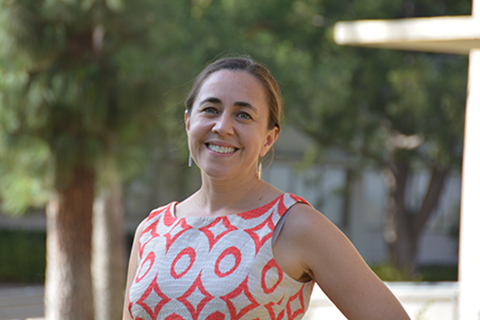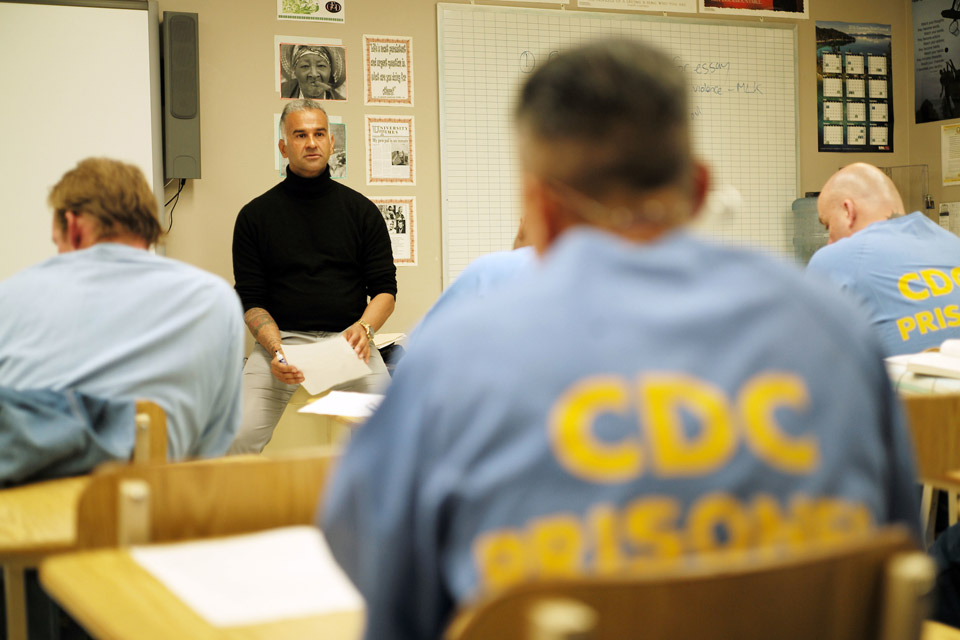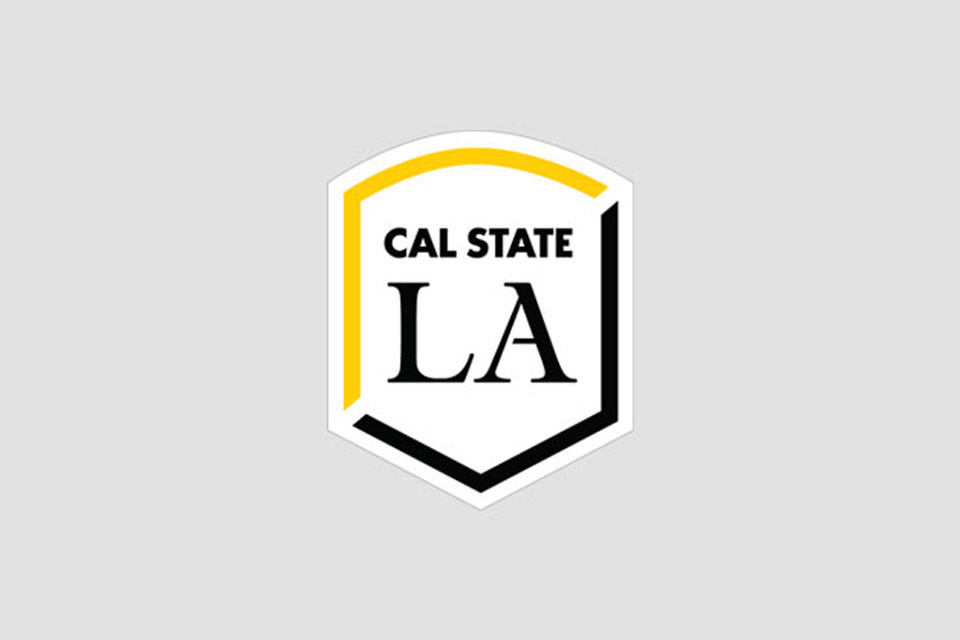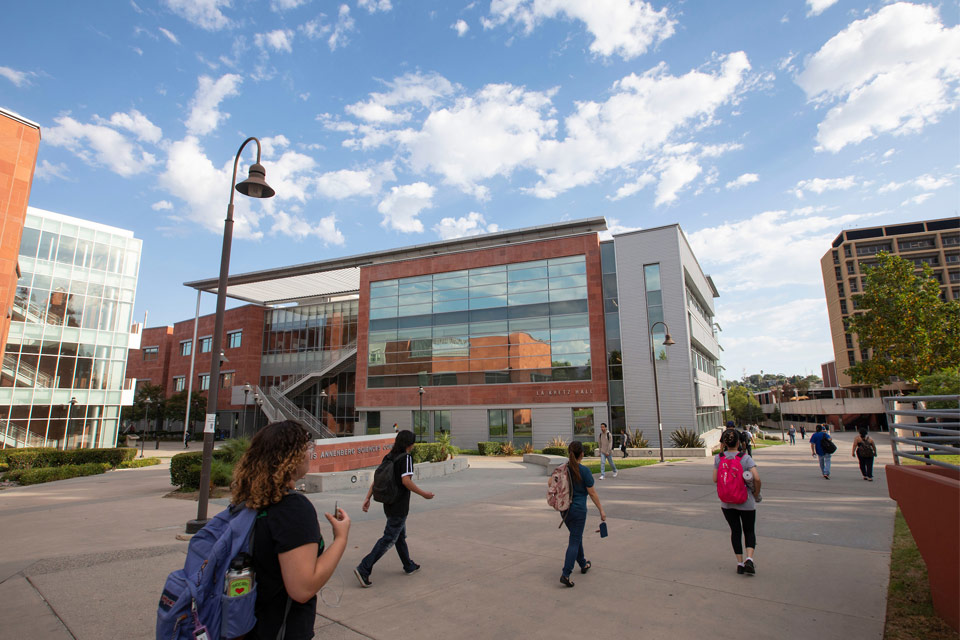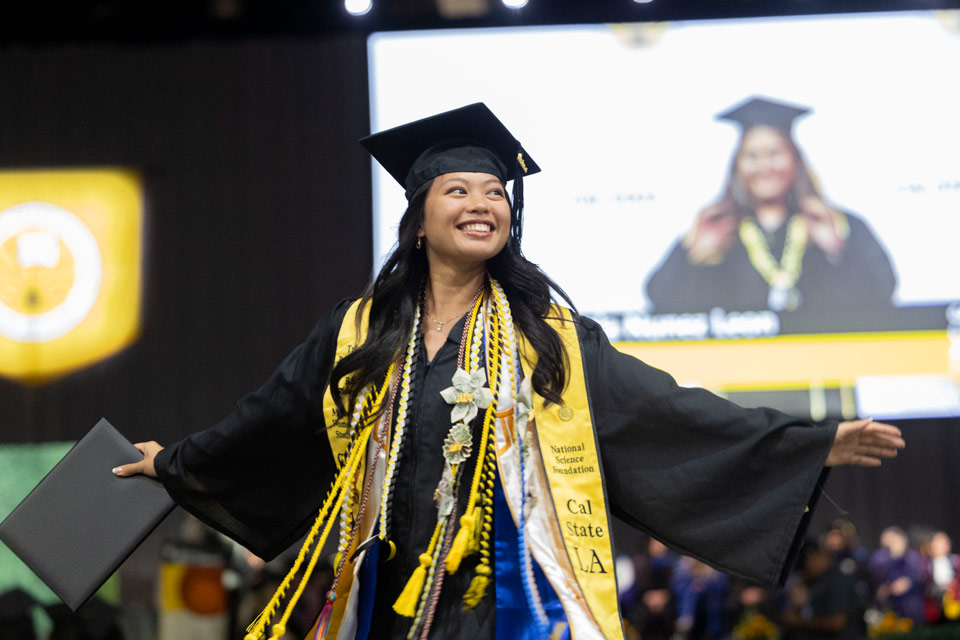The collaborative project is funded by a four-year, $1.1 million ADVANCE grant from the National Science Foundation. The NSF ADVANCE program aims to increase the participation and advancement of women in academic science and engineering careers.
“As an educator and interdisciplinary researcher, I am excited for the opportunity to work together with colleagues across the country on this project,” said Mattheis, an assistant professor of education in the University’s Charter College of Education at Cal State LA and a co-principal investigator on the grant. “I majored in environmental studies and minored in geology at Oberlin College, and taught middle school science for eight years before beginning my academic career.”
The project was motivated by the need for increased diversity in STEM (science, technology, engineering and mathematics) fields.
According to an NSF report, “Women receive 39 percent of undergraduate degrees in the earth, atmospheric, and ocean sciences.” Additionally, a research paper published in Women in the Geosciences: Practical, Positive Practices Toward Parity indicates that only 20 percent of geoscience faculty are women and even fewer are at the level of full professor.
A primary goal of the research team is to improve work climate conditions and increase gender equity in the geosciences by developing bystander intervention workshops. Research and training of geoscientists often involve time at remote or isolated field sites. In the workshops, participants will learn to appropriately respond to, prevent and interrupt sexual harassment in the classroom, laboratory, or field sites.
Bystander intervention seeks to empower individuals to communicate what is acceptable and expected behavior in the community.
Mattheis will provide social science perspectives regarding data collection and analysis. She will utilize knowledge gained from a national study of LGBTQ+ individuals in STEM to help develop gender and sexuality-diverse inclusive practices for this project.
“We plan to pilot the materials and workshops that we develop at all the partner institutions,” said Mattheis, “so I look forward to involving Cal State LA’s Department of Geosciences and Environment in these efforts.”
Mattheis earned her Ph.D. in educational policy and leadership from the University of Minnesota. Her research interests include sociocultural analysis of policy and the exploration of educational cultures and climates using critical ethnographic qualitative approaches, as well as interdisciplinary mixed methods. She resides in the Silver Lake neighborhood of Los Angeles.
The project is led by Erika Marin-Spiotta from the University of Wisconsin-Madison. Other researchers include Billy Williams, of the American Geophysical Union; Blair Schneider, of the Association for Women Geoscientists; and leaders from the Earth Science Women’s Network: Rebecca Barnes, of Colorado College, Asmeret Berhe, of the University of California, Merced, and Meredith Hastings, of Brown University.

